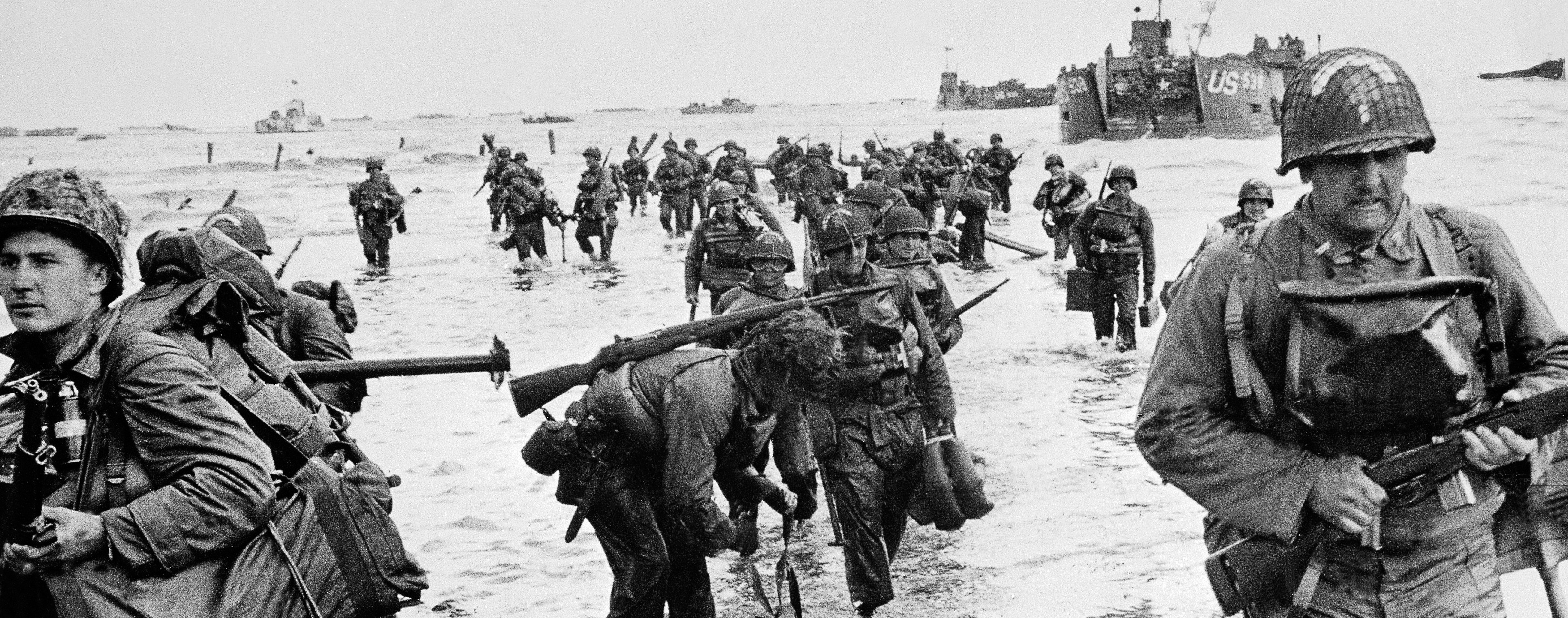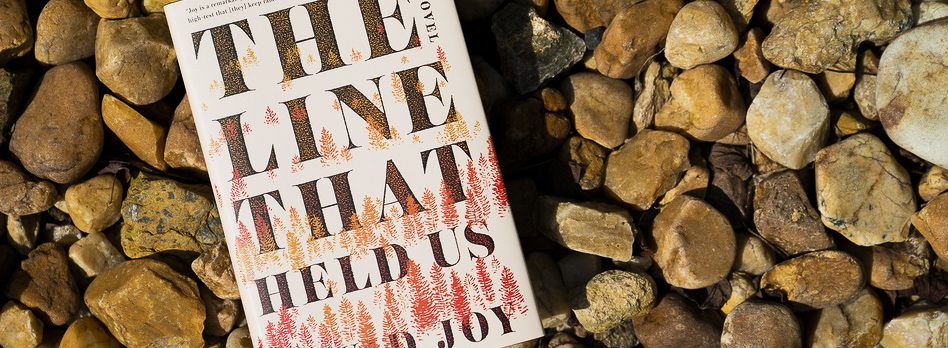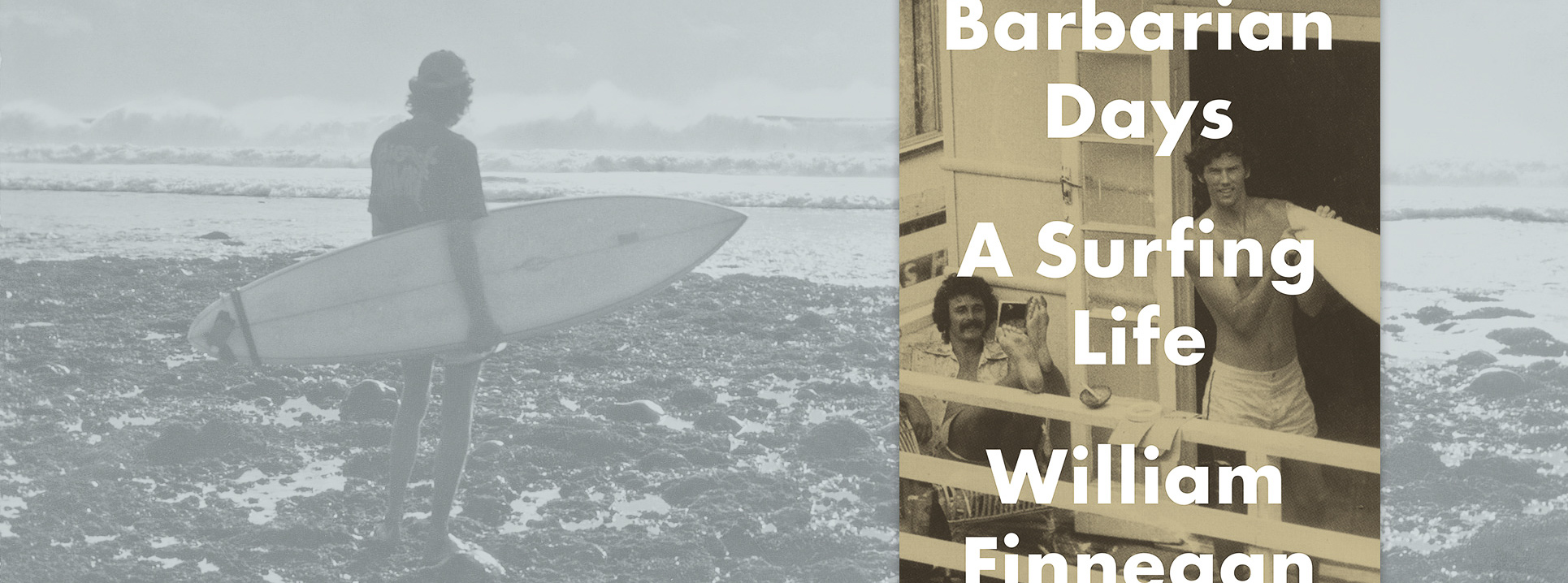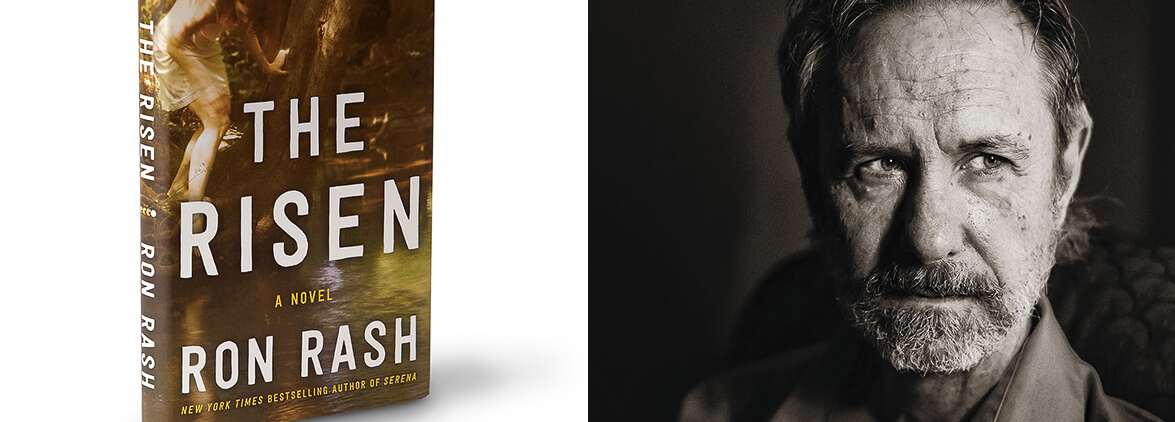Book Reviews
Behold! I have heard (or maybe imagined) the clamoring of the SOFLETE Nation! Your lamentations have been lifted up as one, calling…no, beseeching me…WE NEED BOOKS!!! Well, you call, I haul. So here’s Dash 2 of your On Call Close Literary Support. The theme for this installment is boundaries. Be it criminal, cultural, or national, every one of these books talks about life on the far side of one of society’s lines. Life on the far side of the line is generally fascinating. More importantly, you might learn something. Maybe even something you can use later, something that might make your life better. Or save it in a pinch. So as before, here are five books you should read right now, why you ought to read them, and who will most like them.

No Bridges Blown by William Dreux
I am willing to bet that this is the only booklist this year that will feature this biography of a French-speaking US Army Infantry Officer assigned to the Office of Strategic Services (OSS) and parachuted into Brittany ahead of D-Day. I’m sure that is not least because a cursory search of the internet finds copies for sale for almost $1000. That said, I’ve never paid more than $50 for a copy and I found .pdf downloads you can check out for two weeks, so I think the determined reader can get it done. Why though? Why should you, in a world where books cost pennies and are delivered to your door by drones, buy a forty-eight-year-old book that isn’t cheap and might actually cost a rent check? There are plenty of books about the OSS and the Jedburgh Teams in France. But I don’t know of any others that were written about the Jedburghs, by a Jedburgh. Moreover, I don’t know of any other books about the OSS, or the Jeds in particular, that were written by a guy with William Dreux’s prose skills, his deeply contemplative writing style, or his honesty about the disquieting mélange of fear, regret, and pride that accompanies war time service.
The Jedburghs were three-man teams, generally an American officer, a French Officer, and an enlisted radio operator, dropped into occupied France to organize and support the French resistance attacking German forces ahead of the D-Day landings. As part of Team Gavin, Dreux jumped into Brittany with two French team members before American forces broke out from the Normandy beach heads. They were on the run from counter-guerilla forces almost constantly and Dreux evinces guilt over the civilians killed for supporting them and for the deaths of guerilla fighters who were, in many cases, poorly trained French youth who paid in blood for their inexperience. Reflecting on the mission Dreux said,
“My mood was fatalistic on the plane, but that was because there was nothing I could do about the flak, night fighters, or the pilot’s navigation. Yet beginning with the moment I flung myself out of the bomber the rest was up to me—up to me and chance. It was not so easy to be fatalistic from then on…”.
In a passage that will resonate with any combat veteran, he contrasted the simplicity of life in combat to the complications of civilian life,
“I’d been thinking of those days behind the lines and that one of the qualities of that life was simplicity. All I wanted to know then, for example, was what lay around the next bend of the road, or whether that enemy machine gun in that clump of trees could cover the road to my left, or how soon it would be before I could stop and rest. Could I trust this Resistance leader? That barn we were hiding in, what was the best escape route if a German patrol came, and could we fight our way out?”
William Dreux became a very successful lawyer after the war, founding a law firm that now blankets the major cities of the South Eastern United States. But in 1951, he was a tourist in France, walking the ground upon which he had dodged, spied upon, and killed Nazis a scant seven years before. In his travels, he spoke to people whom he fought alongside and upon whom he relied upon for survival. That notion feels bizarre to me. I don’t imagine I will ever walk the banks of the Euphrates River and reminisce with a local farmer. But in this case, even though it wasn’t published until 1971, “No Bridges Blown” is a World War Two biography with a recency I don’t remember reading elsewhere, and certainly not about the OSS efforts in occupied France. Dreux’s writing is marked by the gentility and reserve of his generation but he was clearly a man bearing what we now call post-traumatic stress. Nonetheless, his writing is honest and blunt enough to feel like I am talking to another Afghanistan and Iraq vet when I read it. I recommend it as a book that ought to be a classic of wartime literature. I recommend it to anyone who wants to understand the personal implications of war, the stress of life in occupied territory, some of the roots of American special operations forces, or just wants a fascinating and beautifully written explanation of a tiny piece of the fight in France.

The Line That Held Us by David Joy
It is no secret at this point that I am huge fan of David Joy as an artist and a friend. No one in the genre…crime fiction, Appalachian noir, grit lit, whatever you call it…can pace a book like David. That is my chief complaint as well, I guess. He paces his stories so effectively that it becomes an exercise in compulsive consumption and I end up consuming his books like an M240G chews through 7.62 on cyclic. Part of that is that David took the guidance to “write what you know” seriously. Consequently, his characters, even those who live at the extreme edges of reality, are real, fully drawn personalities who breathe on the page. They often bleed there too. I loved his first book, “Where All Light Tends to Go”, because I knew a kid growing up that could have been the protagonist. I appreciated the personal pain inherent to the genesis of “The Weight of This World”. But I think “The Line That Held Us” is where David truly hit his stride and it is my favorite of his books. The story is a study in male friendship between Darl Moody and his friend Calvin Hooper and the filial love (look that one up) Dwayne Brewer has for his brother Carol “Sissy” Brewer. The two relationships, and their intersection, are washed in blood and tension that turns on an accidental killing, a cover up, and the question of how far someone will go for the people that mean the most to them.
David is an obsessive outdoorsman and his description of the accidental killing that starts the chain of events driving the characters across “The Line That Held Us” reads the way only someone who lives it could write it;
“Somewhere up the hillside, a stick cracked beneath a footstep, and that sound came through his body like current. His heart raced and his palms grew sweaty, his eyes wide and white. Dried leaves rustled underfoot, and behind the scraggly limbs of a dead hemlock he could see a slight shift of movement, but from such distance and in such little light, what moved was impossible to discern. Through the riflescope, he spotted something on four legs, something gray-bodied and low to the ground. The 3-9x50mm CenterPoint was useless in low light, but it was all Darl could afford and so that was what he had.
Sighting the scope out as far as it would extend, he played the shot out in his mind. At two hundred yards, the animal filled a little less than a quarter of the sight picture. He rolled the bolt and pulled back only enough to check that a round was chambered, then locked the bolt back and thumbed away the safety.
A boar hog rooted around the hillside for a meal. Each year those pigs moved farther and farther north out of South Carolina, first coming up from Walhalla ten years back and now overrunning farms all across Jackson County. There was open season on hogs statewide due to the damage they caused. A father and son out of Caswell County were hunting private land between Brevard and Toxaway earlier that year when the son spooked a whole passel of hogs out of a laurel thicket, and the father drew down on a seven-hundred-pound boar. That was right over the ridgeline into Transylvania County. That pig weighed 580 pounds gutted, and they took home more than 150 pounds of sausage alone. Do the math on that at the grocery store.
All his life there'd been a thoughtlessness that came on before the kill. It was something hard to explain to anyone else, but that feeling was on him now as he braced the rifle against the trunk of the oak and tried to steady his aim, a mind whittled back to instinct. A tangle of brush obstructed his view, but he knew the Core-Lokt would tear through that just fine. He tried to get the picture to open by sliding his cheek along the buttstock, but the cheap scope offered little play. When the view was wide, he toyed with the power ring to get the picture as clear as possible, nothing ever coming fully into focus as he drew the crosshairs over the front shoulders. He centered on his pulse then. Breathe slowly. Count the breaths. Squeeze between heartbeats. On five, pull the trigger. The sight wavered as he counted down. Three. Two. Squeeze.
The rifle punched against his shoulder and the report hammered back in waves touching everything between here and there and returning in fragments as it bounced around the mountains. He checked downrange and the animal was felled.”
The events that follow drive the story at an ever-accelerating pace that is somehow both relieved and intensified by the relationships at its center. I highly encourage you to start with “Where All Light Tends to Go”, then get “The Weight of This World”, and then “The Line That Held Us” even though it is my favorite. But reading in order is not necessary and I’ll note, since the book I recommended before this one costs somewhere between a night at a good steak house and a weekend at the beach, the paperback version of “The Line That Held Us” comes out July 9, 2019. Read that one and you’ll only have a year to wait on the new one, “When These Mountains Burn”, coming Summer 2020 in hardback.
“The Line That Held Us” will appeal to anyone that has friends and family that mean something deep to them. It is for people who like their fiction to have rough edges. It is for people who like their drama dark, with just enough of a splash of humanity and begrudging decency to make the characters scream off the page like a .45 ACP from Dwayne Brewer’s 1911.

Barbarian Days: A Surfing Life by William Finnegan
At its essence, “Barbarian Days” is a memoir about what happens when a hobby passes over the line into obsession. William Finnegan was, and is, obsessed with surfing. Ironically, despite a fascinating career as a writer and conflict zone reporter, it is surfing that found him stranded in remote third world settings as a young man, wracked with disease, and shedding weight as he waited for the perfect waves in isolated places that have since become legendary surf spots. Finnegan writes about surfing as if he were one a soldier of fortune working the edges of the world’s backwater conflicts; repeatedly drawn to conflict regardless of the personal cost;
“Being out in big surf is dreamlike. Terror and ecstasy ebb and flow around the edges of things, each threatening to overwhelm the dreamer. An earthly beauty saturates an enormous arena of moving water, latent violence, too-real explosions, and sky. Scenes feel mythic even as they unfold. I always feel a ferocious ambivalence: I want to be nowhere else; I want to be anywhere else. I want to drift and gaze, drinking it in, except maximum vigilance, a hyper alertness to what the ocean is doing, cannot be relaxed…[t]he ecstasy of actually riding big waves requires placing yourself right beside the terror of being buried by them: the filament separating the two states becomes diaphanous. Dumb luck weighs heavily, painfully. And when things go badly, as they inevitably do - when you’re caught inside by a very large wave, or fail to make one - all your strength and skill and judgment mean nothing. Nobody maintains their dignity while getting rumbled by a big wave. The only thing you can hope to control at that point is the panic.”
Though both exciting and inspiring, Finnegan does more than just tell stories of “the endless summer” spent pursuing the next wave. He informs those of us more constrained by the idea that life has rules what it is like to reject those notions and pursue a passion regardless of impact. He later writes with the understanding of a husband and father how life’s obligations come to more comfortably fit our shoulders more like a backpack useful in carrying the things that matter than a harness designed to bend us to the wheel. Along the way, he illuminates anthropology, gender politics, geography, and physiology.
Barbarian Days is a 450-page contemplation of a life spent at adventure, of the price paid, or the draw of obsession and it’s tempering as we age. Finnegan is in his sixties now and is still charging, but with the wisdom of years. Those of us who mean to Die Living would do well to treat his masterwork as a fantasy, an instruction manual, a cautionary tale, and an inspiration.

The Risen by Ron Rash
Ron Rash is simply one of the greatest American writers living today. Once he’s dead, in the way of great artists, I expect he’ll be elevated to the pantheon of America’s Greatest Writers, period, so named without qualification. Hollywood noticed his work and turned a great book into a lousy movie, but don’t let that scare you off. Read “Serena” anyway. But first, read “The Risen” and any of his other books because I think they’re all better. In fact, I am recommending “The Risen” here because it was on my shelf, not because I think you have to read it first. “The Risen”, like the other four books in this selection, looks at lines. It looks at the line between the “good” brother and the “bad” brother. It looks at the line between dutiful, moral people and wild, free people. And it looks at the long trail of effects when those lines turn out to be blurry or misdrawn.
Set in rural western North Carolina in 1969 and the years since, narrator Eugene and his brother Bill spy a girl called Ligeia swimming naked in a river. The years that follow that moment create rifts that Rash details over following decades worth of narrative. Assumptions harden, beliefs cement, and roles get fixed in place resulting in a present that sees Bill established as a gifted surgeon and Eugene as an alcoholic and failed writer. However, when a long-buried body emerges from a river bank, questions follow and time-honored foundations begin to crumble. His elegiac description of that body and that river bank is perhaps doubly disturbing for the poetry;
“She is waiting. Each spring the hard rains come and the creek rises and quickens, and more of the bank peels off, silting the water brown and bringing to light another layer of dark earth, Decades pass. She is patient, shelled inside the blue tarp. Each spring the water laps closer, paling roots, loosening stones, scuffing and smoothing. She is waiting and one day a bit of blue appears in the bank and then more blue. The rain pauses and the sun appears but she is ready now and the bank trembles a moment and heaves the stands of tarp unfurl and she spills into the stream and is free. Bits of bone gather in an eddy, form a brief necklace. The current moves on toward the sea.”
I will leave the resultant chain of events to you and Ron Rash, but if you are someone who likes a bit of darkness mixed with your light, or someone who values incredibly evocative descriptions of place, or just someone interested in the age old tales of good and bad and perceptions thereof, “The Risen” is for you.

The Pugilist at Rest by Thom Jones
I had heard of, but never read, this book for years before I ever held a copy. “The Pugilist At Rest” was given to me as a “welcome to my home present” by a man who opened his door to a me, a stranger, on basis of our shared service to the nation. He said “The Pugilist At Rest” was his favorite book and it struck me then that in giving me a place to sleep amongst his family and a copy of his favorite book he was offering as much of himself as one could ever offer a stranger. It was an impactful moment that stays with me and one I have since been inspired to repeat for others. But why should you read this book with its stories that are sometimes hallucinatory, sometimes coldly precise, and always connected whether by actual plot threads or thematic constructs? Because the author, Thom Jones, Died Living and his fiction reflects that.
Jones’ author bio reveals that he was a Recon Marine, a boxer with 150 fights, a janitor, and a damned fine writer (as attested by fact that he was a finalist for a National Book Award) and I am probably as much enamored of the “story of Thom Jones” as the “stories of Thom Jones”. Jones missed deployment to Vietnam as a member of 1st Force Recon after a boxing match left him discharged with temporal lobe epilepsy. He headed to the Iowa Writers Workshop, a prestigious program recognized for producing some of America’s great writers, but on graduation became a janitor reputed to have read 10,000 books in eleven years. He did so because, by his estimation, they were books that needed reading if he was going to produce anything “so good, an editor could not reject it”.
The stories in “The Pugilist At Rest” are war stories, fight stories, death stories. They are laden with testosterone and violence and a black acceptance that sometimes life is just damned hard and you have to live with that fact. Strength. Stamina. Speed. These are all aspects of Thom Jones’ masculinity, even when their pursuit means self-destruction. But none of his characters quit, despite the long odds they face. In the title story, Jones’ contemplation of Greek boxer Theogenes reveals the heart of his deliberations;
“The sort of boxing Theogenes practiced was not like modern-day boxing with those kindergarten Queensberry Rules. The two contestants were not permitted the freedom of a ring. Instead, they were strapped to flat stones, facing each other nose-to-nose. When the signal was given, they would begin hammering each other with fists encased in heavy leather thongs. It was a fight to the death. Fourteen hundred and twenty-five times Theogenes was strapped to the stone and fourteen hundred and twenty-five times he emerged a victor.”
That’s the Die Living spirit that drives Jones’ writing (though it’s hard to discern any joy in the pursuit) and it’s why I recommend “The Pugilist At Rest” to any SOFLETE adherent. It is not light or breezy reading. It is like lifting heavy weights or getting faster in a race. You may have to spend some time working up to it to really see benefit, but it’s worth it.
Read and grow strong.
Russell Worth Parker is a retired Marine Corps Special Operations Officer. He likes barely making the cut-offs in ultra-marathon events, sport eating, and complaining about losing the genetic lottery.





